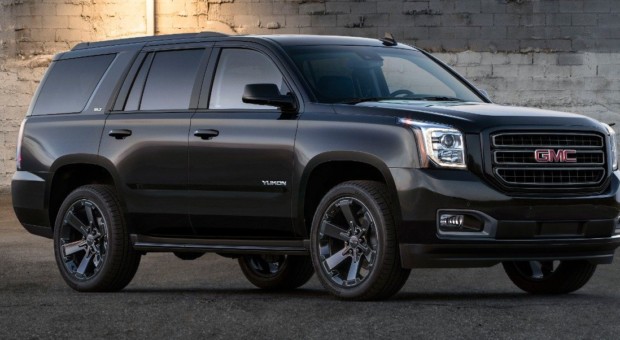
When it comes to choosing a car, there are two main categories to consider: sports cars and SUVs. While both types of vehicles offer different driving experiences, each has its own set of benefits and drawbacks. In this article, we’ll take a look at the key differences between sports cars and SUVs and what to consider when deciding between the two.
Sports Cars:
Sports cars are designed for performance and agility, offering a thrilling driving experience for those who love speed and maneuverability. They typically have a low profile and aerodynamic design, as well as a powerful engine, that makes them ideal for high-speed driving on straightaways or winding roads.
One of the key benefits of sports cars is their speed and handling. They are engineered to provide a smooth and responsive driving experience, with precise handling and a nimble feel that makes them perfect for those who love to drive. They also offer plenty of power, making them ideal for those who like to feel the wind in their hair and the roar of the engine.
SUVs:
SUVs, on the other hand, are designed for utility and versatility. They offer a spacious interior and high ground clearance, making them ideal for families and those who need a vehicle for off-road adventures. They also offer a more upright seating position, providing better visibility and a more comfortable ride.
One of the key benefits of SUVs is their versatility. They can be used for a variety of purposes, from daily commuting to weekend road trips and even off-road adventures. They offer plenty of space for passengers and cargo, making them an excellent choice for families and those who need a spacious vehicle.
When choosing between a sports car and an SUV, it’s important to consider your specific needs and driving habits. If you’re looking for a high-performance vehicle for fast, aggressive driving, then a sports car might be the right choice for you. However, if you need a spacious and versatile vehicle that can handle a variety of driving conditions, then an SUV might be a better option.
In conclusion, there is no right or wrong answer when it comes to choosing between a sports car and an SUV. It all comes down to your specific needs and driving habits. Whether you’re looking for speed and agility or space and versatility, there is a car out there that will meet your needs and provide you with the driving experience you’re looking for.
Conclusion 🙂
Sport cars and SUVs serve different purposes and cater to different types of drivers. While sport cars prioritize performance and speed, SUVs prioritize space and versatility.
For families or individuals who need more space for passengers and cargo, an SUV is the practical choice. SUVs come in a variety of sizes, but even the smallest models usually have more room inside than a sport car. Additionally, SUVs often have more advanced safety features, such as all-wheel drive, stability control, and airbags, which can provide peace of mind for those with children or who drive in challenging weather conditions.
Another advantage of SUVs is their versatility. SUVs can handle a variety of driving scenarios, from commuting to work, to weekend trips, to off-roading. They offer the ability to carry more passengers, as well as more gear for outdoor activities, such as camping or snow sports.
On the other hand, sport cars are designed for driving enthusiasts who value performance and speed. These vehicles are typically lower to the ground and have more power under the hood, making for a more thrilling driving experience. They also typically offer better handling, sharper braking, and a more engaging driving experience, which can be appealing for those who enjoy driving for drivings sake.
Ultimately, the choice between a sport car and an SUV depends on individual needs and preferences. If you prioritize performance and speed, a sport car may be the way to go. However, if you need more space, versatility, and practicality, an SUV is the better choice.
















